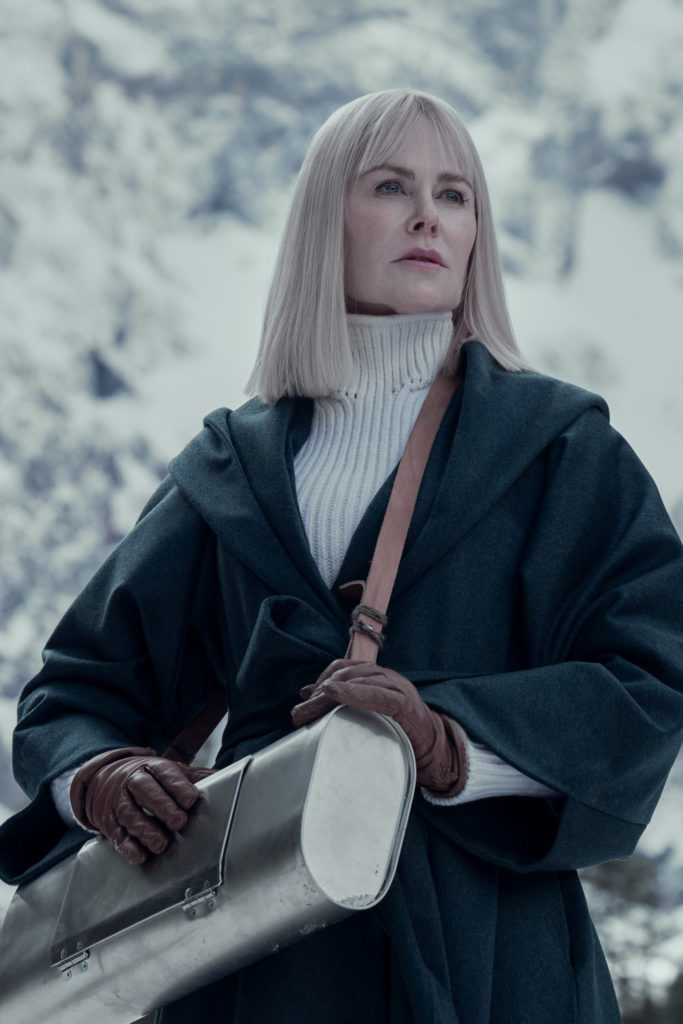Is The Pen Mightier Than AI?
By
1 year ago
Will AI displace writers?

Irenosen Okojie explores AI’s repercussions for writers and their artistic practices in a rapidly changing landscape.
Is The Pen Mightier Than AI – Can Writers Survive LLM Technology?
A world in which artificial intelligence permeates the landscape was long uncharted terrain. It loomed in the background nefariously, like a technological juggernaut waiting to be unleashed. When companies began incorporating AI into their organisations and scaling back on staff in the late 2000s, it felt indicative of an inescapable future.
Having spent years perfecting my craft as a writer, the thought of artificial intelligence replacing artists and writers seemed an exaggerated, panic-fuelled vision of the future, something out of a Luc Besson film. Like many writers, I pushed the niggling worry to the back of mind. Surely the conscience, artistry and ethos writers contribute to a culture can’t be replaced or duplicated? Writers and artists have long been the consciousness of their nations: political, bold and, in some cases, willing to put their lives on the line to shine a light on issues no politician would risk. It seemed Orwellian that such authenticity could be mimicked by technology.
In Bernardine Evaristo’s galvanising speech on AI’s impact at the Royal Society of Literature summer party, the Booker Prize-winning author cleverly and pithily dissected poems from an AI generator and compared them to those of a real poet. We can marvel at how far the technology has come, but the difference was stark. The essence of the poet was missing.

But there are now writers embracing AI, and using it in dynamic ways to present disruptive explorations where writer and AI join forces to challenge what an artist’s process looks like. In his daringly experimental book, Pharmako-AI, published by Ignota Books, sci-fi writer and Google AI curator Kenric Allado-McDowell uses GPT-3 technology to co-write. He is the first author to do so in a collection of stories and poems. In essence the book is a radically political and metaphysical critique of the idea of the ‘individual’. It’s a pastiche of stories, fragments, essays, song and memoir exploring intelligence and consciousness of human, machine, plant and the transpersonal. There are also themes of climate change, the mythological processes of creation and the power of indigenous ecological knowledge, hyperspace, language, and the multiverse. I loved the freedom of form in this book as well as Allado-McDowell’s wildly expansive explorations of AI, how we treat the earth, and our relationships with plant and animal life. Perhaps less accessible from an obvious standpoint because it’s such a leftfield book, that doesn’t take away from its power and often profound wisdom.
Equally progressive in its intentions is My Child, the Algorithm by performance artist, playwright and poet Hannah Silva. In a brilliant non-fiction offering, Silva uses AI to deconstruct standard narratives and construct a new, more unexpected one. The result is an alternatively intelligent book of love that explores queer single parenting and love in conversation with an AI algorithm and her toddler. In doing so, Silva creates a series of unreliable narrators while raising the stakes for what’s possible in terms of form. It’s a warm embrace of a book, which may sound odd for a work about AI, yet it’s by turns funny, vulnerable and illuminating. It has a sense of intimacy and mischief, with Silva bringing the reader into her experiences of motherhood and falling in love as a queer woman with the AI algorithm.
In its previous iteration, the book was a BBC 4 radio play, recorded by Killing Eve actress Fiona Shaw. It’s important to note that Silva is one of the more daring performance artists in the UK so it feels fitting she should channel new technologies to push the limits of storytelling as well as use the project to traverse different media. Rather than being wary of AI technology, Silva chooses to embrace it on her own terms. In an interview with Queen Mary University’s drama department Silva relays her intentions: ‘I always enjoy finding new ways to generate material to work with. In the past, I’ve cut up writing methods a lot where I splice together existing texts then subvert their meanings. Working with an algorithm is an extension of these procedural writing methods. I wanted to think about love and wondered what a machine learning algorithm might be able to teach me about it.’
For some authors, the scales have tipped and not in their favour. With billions being spent by AI companies, there are genuine concerns that it’s those from marginalised communities who will suffer the most, as is so often the case. In a letter organised by the Authors Guild, the biggest professional writers’ organisation in the US, signatories such as Margaret Atwood, James Patterson and Viet Thanh Nguyen demanded that AI companies stop using copyrighted work without permission, shining a light on ‘inherent injustices in exploiting our works as part of your AI systems without our consent, credit or compensation’. Alongside this is the worry that writers from under-represented communities won’t be able to earn a living fairly. They’re often already at a disadvantage, so how can they be expected to thrive given the potential repercussions of AI?

Generative AI models such as ChatGPT deploy large troves of internet data to create content that mimics human speech. AI systems mine the aesthetics, works, ideas and styles of real authors without compensating them, and vast amounts of money are being spent to develop these technologies continuously. The furore about this raged for months, becoming a rallying cry in Hollywood and resulted in the 148-day writers’ strike. The ongoing battle was temporarily resolved only after screenwriters secured some guardrails against the use of AI technology in the workplace. A new agreement between the Writers Guild and the Alliance of Motion Picture and Television Producers doesn’t stop all use of AI, since both parties recognise it as a beneficial tool in aspects of scriptwriting and filmmaking. A proposal deal declares that writers can use AI if the company agrees to it although a company cannot require a writer to use AI software.
There’s no doubt that AI potentially threatens real writers, who could become increasingly defunct with more companies choosing to go down the artificial intelligence route. Capitalism will always throw up individuals and companies who will ruthlessly exploit AI for financial gain. While there are legitimate concerns about the impact of AI for writers, it feels a little like the conversation that crops up every few years about whether physical books are still relevant. As ever, writers and artists will do what they’ve always done, which is respond to the times, embrace technologies creatively while implementing new pathways to mine the endlessly fascinating conundrum of what it means to be human. Both Pharmako-AI and My Child, the Algorithm break new ground, presenting complex, dextrous offerings about what the world could be. They’re audacious books audiences are ready for. I remain cautiously optimistic about our survival.
Irenosen Okojie MBE is an award-winning Nigerian-British writer. She is the director and founder of Black to the Future, a multidisciplinary Afrofuturistic festival.






